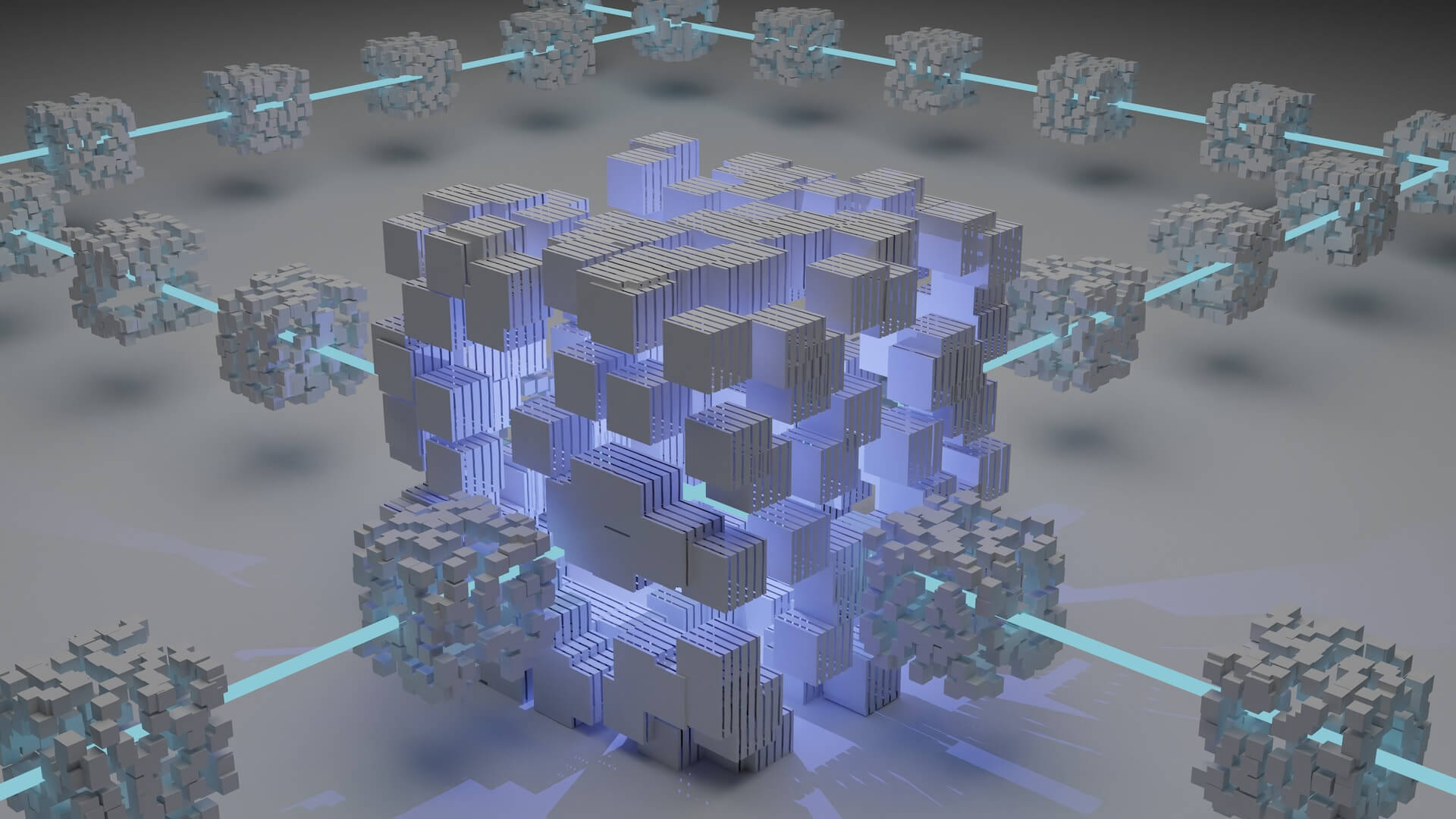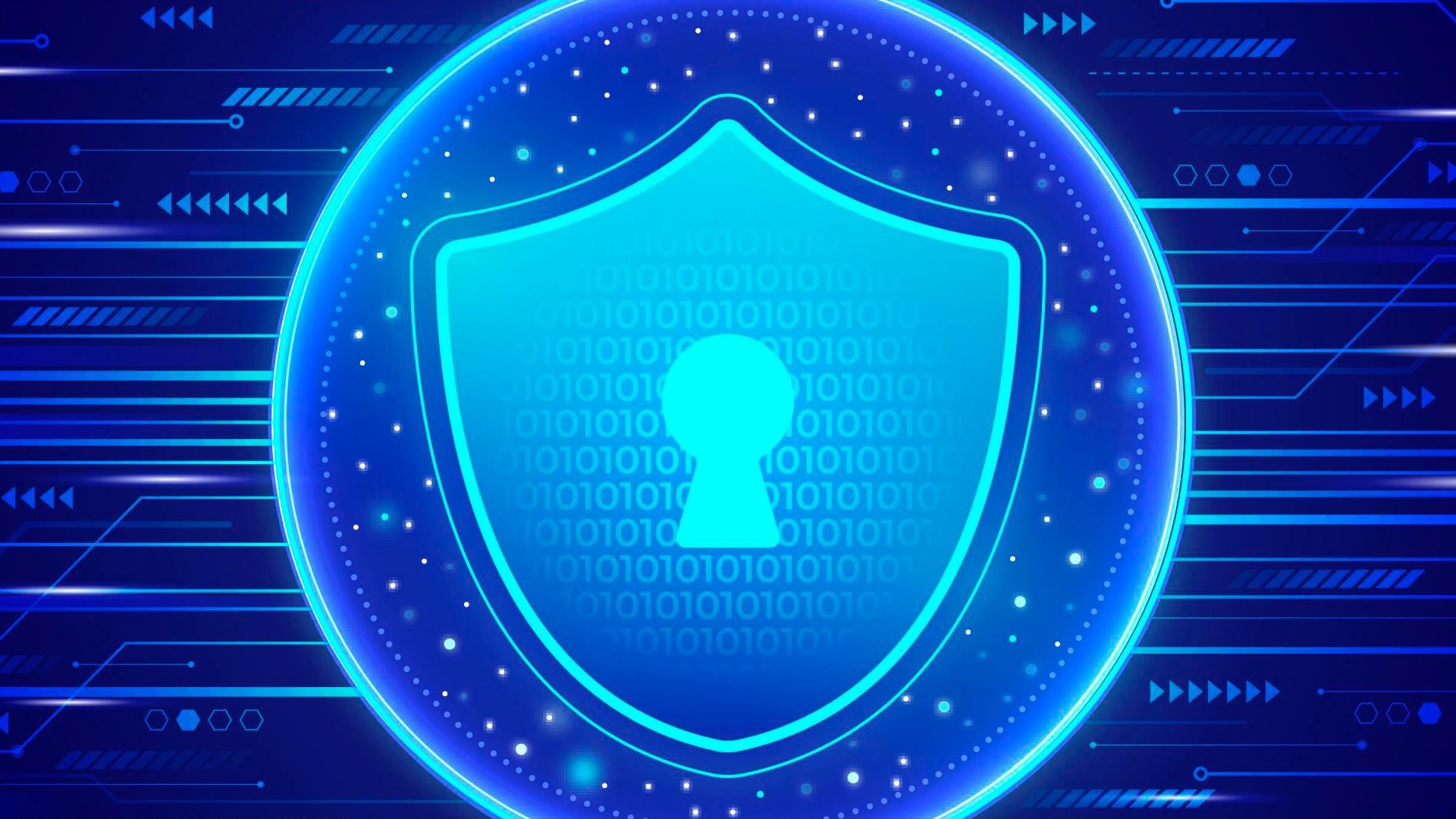Embracing blockchain seems to have become the mainstream of the industry nowadays. Both entrepreneurs and Internet giants have started to extend their development tentacles to this industry that is going to bring disruptive development to traditional industries.
Blockchain
With the popularity of blockchain technology and digital currencies, more and more people are investing and trading in digital currencies. However, just like any other market, there are scams and deceptions in the digital currency world.
Although a variety of cryptographic assets focus more directly on privacy through technology, there are still many possible ways to increase the privacy of Bitcoin, including point-to-point transactions. In the field of encryption, some familiar privacy assets include Monero (XMR), Zcash (ZEC), Verge (XVG), Beam and Grin. Dash is also on the list because it allows for increased anonymity, although the currency is not technically classified as a private asset.
CoinSmart Chain is a new blockchain with a mature environment for developing high-performance decentralized applications. It is designed for cross-chain compatibility with CoinSmartChain to ensure that users get the advantages of both.
Enterprises should consider data privacy and security when considering whether to use a public or private blockchain for storage.
With the increase in data breaches, the need for secure data storage has never been more urgent. Blockchain technology offers a solution to this problem, providing unparalleled data security and privacy.
Blockchain technology has a broad application prospect as it can solve the problems of traceability, managing identity and ownership disputes in the supply chain.
The decentralized, consensus-driven and lack-of-trust nature of blockchains makes them inherently resilient to attacks.
Speaking of consensus mechanism, in fact, he is a mode of verification and confirmation of the transaction, he is mainly through the vote of the special nodes to complete the confirmation, in general, if for a transaction, a number of interests of unrelated nodes can reach a consensus, then we will be defaulted to the whole network can also reach a consensus.
The value of NFT is the value of the contract + the value of the distributed ledger.










